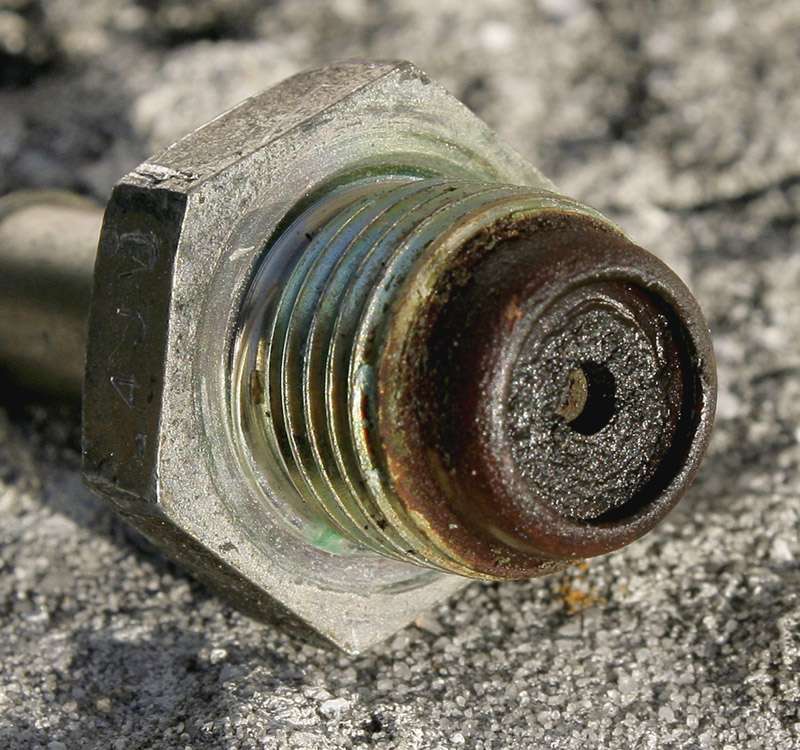How does oil function in relation to a car's PCV system?
Under normal circumstances, is oil not "sucked out" akin to a vacuum?
Would oils that "clean" also clean the PCV system, if this were the case?
Thank you!
Under normal circumstances, is oil not "sucked out" akin to a vacuum?
Would oils that "clean" also clean the PCV system, if this were the case?
Thank you!



